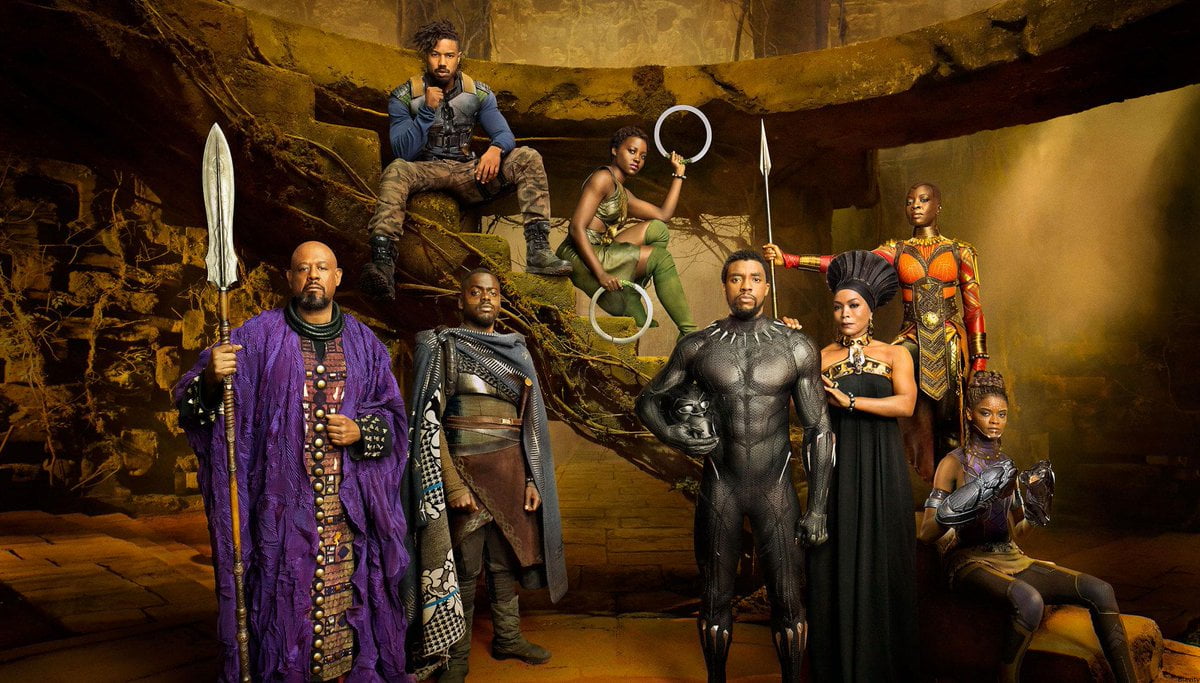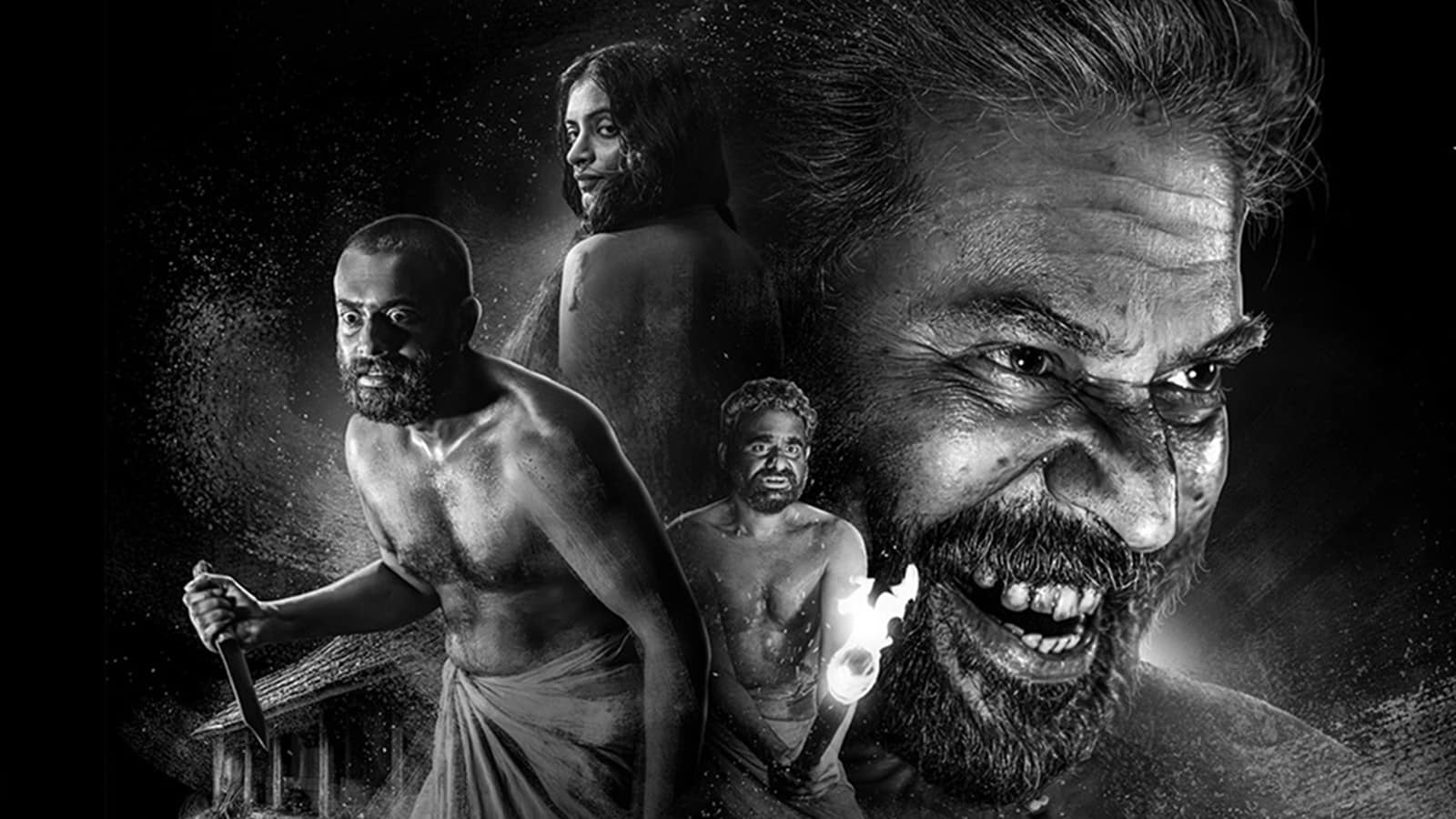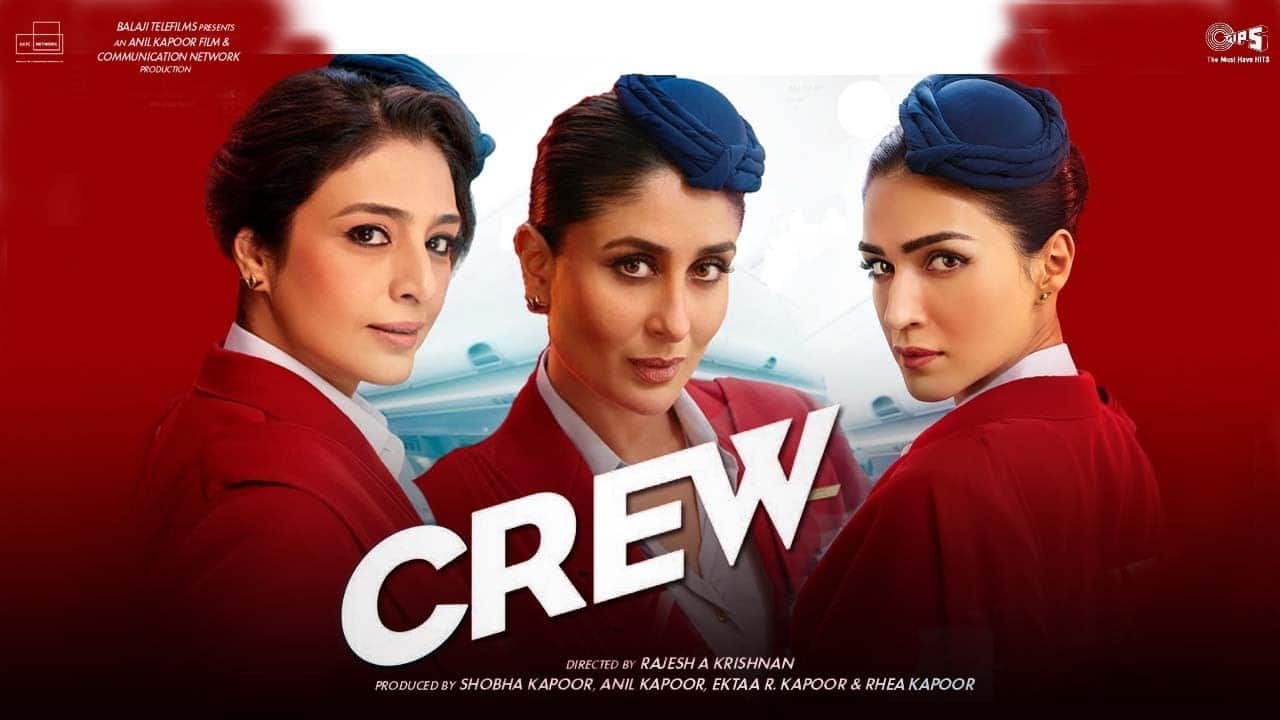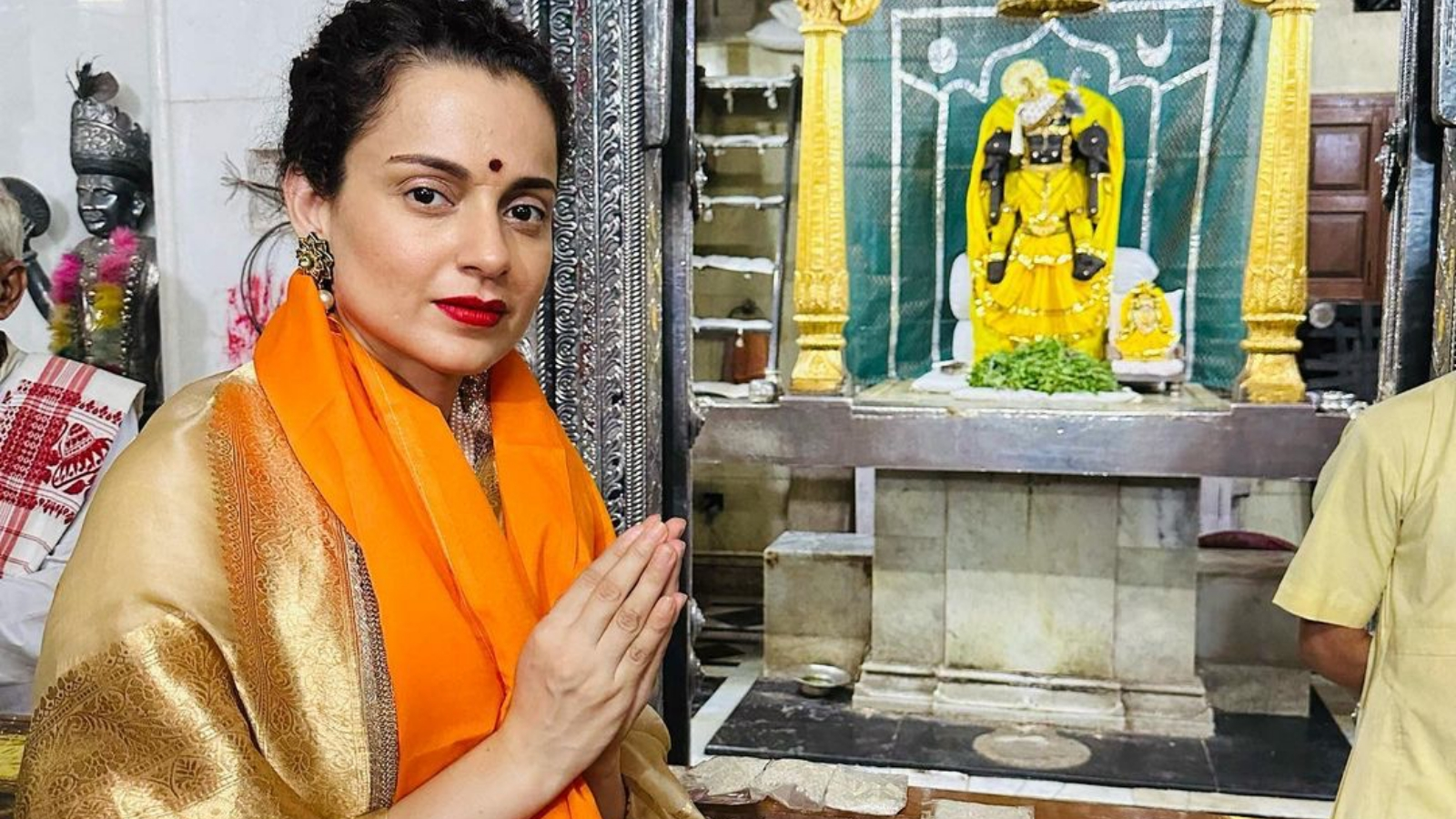The much-awaited superhero movie Black Panther featuring a predominantly black cast released last weekend, to meet global success at the box-office. Last year, Wonder Woman’s box-office triumph proved that women superheroes are long overdue, and Black Panther’s reception is likewise proving the same for black and hopefully other superheroes of colour.
Although a Disney and Marvel Cinematic Universe (MCU) movie essentially meant to be an action-flick, Black Panther can also be read as a deeply political movie, which is rooted in themes such as Black pride, Afrocentrism, Afrofuturism and decolonial responses to the legacy of colonialism and slavery.
While Hollywood has made scores of movies in dominantly white settings, where alien invasion and its resultant imperialism equals apocalypse thereby requiring white men to turn into heroes, it is refreshing to see a movie address very real socio-political concerns pertaining to Euro-American imperialism and racial oppression.
The storyline follows King T’Challa (Chadwick Boseman) aka Black Panther’s ascension to the Wakandan throne, after his father’s death, surrounded by a formidable set of friends and family. The magical opening informs us that somehow amidst the colonial plunder of Africa and the enslavement of its people across the continent, Wakanda has managed to remain isolated from the rest of the world, putting up a façade of being an underdeveloped third-world country, to protect itself. But the truth is that Wakanda is built upon Vibranium – the strongest metal known to Marvel’s humankind, which has enabled it to advance beyond the outside world’s dreams.
The success of such a storyline and that too on a large scale is ground-breaking. This is a movie that can be dissected and discussed from a hundred angles and it will be for a long time. Nonetheless, from an intersectional feminist lens, the outstanding subject in Black Panther is its Afrofuturistic utopia.
The sharp binary between supposedly ‘primitive’ African traditions and western modernity is ruptured.
When we look at narratives of the past and future, especially about the rest of the ‘Global South’, we inevitably view them from a westernised perspective. One of the consequences of European colonialism was that the ‘third-world’ came to be equated with the ‘primitive’ past of humankind, whereas the future was always white and western.
Even the supposed end goal of the development rhetoric of many ‘developing’ nations like ours is to become ‘developed’, like Western nations. In a post-colonial world, words like ‘development’ and ‘modernisation’ are often interchangeable with white and western cultures and ways of being.
The term Afrofuturism first emerged in an analysis of African-American science fiction. In her article explaining the concept, Jamie Broadnax says, “Afrofuturism is the reimagining of a future filled with arts, science and technology seen through a black lens. What makes Afrofuturism significantly different from standard science fiction is that it’s steeped in ancient African traditions and black identity. A narrative that simply features a black character in a futuristic world is not enough. To be Afrofuturism, it must be rooted in and unapologetically celebrate the uniqueness and innovation of black culture”.
This sharp binary between supposedly ‘primitive’ African traditions and western modernity is ruptured in the movie. Wakanda houses both thatch-roofed huts and skyscrapers; hyper-loop trains speed past local markets selling handicrafts; traditional looking jewellery doubles as holographic communication devices; and the rural and the urban, the past and the future, are made one.
Also Read: Wonder Woman And The Refreshing Absence Of The Male Gaze
In fact, the movie’s costumes have been inspired by real tribes across Africa and are thus a celebration and homage to them. To take these very traditional markers of culture like dress and artefacts that have been characterised as a mark of primitiveness and cultural backwardness and to exhibit them with grace and grandeur for a global audience is a reclamation of how blackness is perceived.
Although the Wakandan throne is passed on from father to son, there is no shortage of women holding powerful positions in the movie. As movie reviewer Danielle Redford mentions, the conscious casting of black actresses in an industry which largely prefers lighter skin is also a win for intersectionality.
It’s arguable that the powerful and regal screen presence of the women in the film outshines the king. When T’Challa visits his father in the afterlife, T’Chaka tells him to surround himself with the people he trusts in order to be a good king. It is telling that later in the movie, those who remain loyal to him are all women. In fact, women save the day in Black Panther by saving T’Challa.
While Angela Basset glows as the Queen mother Ramonda, Lupita Nyong’o figuratively and literally kicks ass as the elegant and large-hearted Nakia who wants to open up Wakanda’s borders to refugees and provide aid to its troubled neighbours, or as someone on social media said: “Lupita is basically the NGO feminazi types”.
In addition, Letitia Wright wins millennial hearts as princess Shuri with her humour and genius tech skills that could give Tony Stark a run for his money. She is the mastermind behind the advanced tech that Wakanda uses and a brilliant representation of women in STEM.
the conscious casting of black actresses in an industry which largely prefers lighter skin is a win for intersectionality.
But the undoubted show stealer of the film is Danai Gurira’s Okoye. She is the fierce and mighty leader of the Dora Milaje, an all-women team who double as the Wakandan elite forces and bodyguard to the king. In the Bond-like scene in the first half of the movie, the sight of Gurira taking down enemies with a golden spear in a billowing red dress is a delightful spectacle that stays with you.
In one of the most powerful scenes of the movie, Okoye brings her lover W’Kabi (Daniel Kaluuya) – who is helping Killmonger overtake the throne – to his knees. It is a scene that would bring MRAs to tears and yet there is nothing forced in its feminism. In fact, gender equality in Wakanda seems very natural as it is not only a black utopia but a feminist one too.
The icing on the film is its charismatic antagonist Erik Killmonger (Michael B. Jordan) who turns out to be T’Challa’s cousin, the son of his uncle who went to the United States on a mission and was moved by the oppression that African-Americans faced at white hands. An ex-CIA operative, Killmonger doesn’t hesitate to shed blood, but his villainy is shaped by his personal experience of poverty and oppression.
This is in sharp contrast to T’Challa who has lived life in a lap of luxury. Killmonger wants to help oppressed people around the world by inverting racial hierarchy with the help of Wakandan resources and might. Although his violence is reprehensible, he is ultimately a grey character who evokes sympathy. It’s his motivations added with Nakia’s that convince the new Wakandan king to step out of isolation and share Wakandan resources.
Although not a perfect superhero flick, Black Panther is a new standard for Hollywood blockbuster movies. Its engagement with socio-political issues provokes audiences to think, which is no mean feat for a Disney movie. From rewriting colonial narratives to envisioning egalitarian futures, it is definitely a pop culture moment to be celebrated.
Also Read: Super Hot Super Heroines: Unrealistic Comic Book Portrayals Of Powerful Women
Featured Image Credit: Twitter




